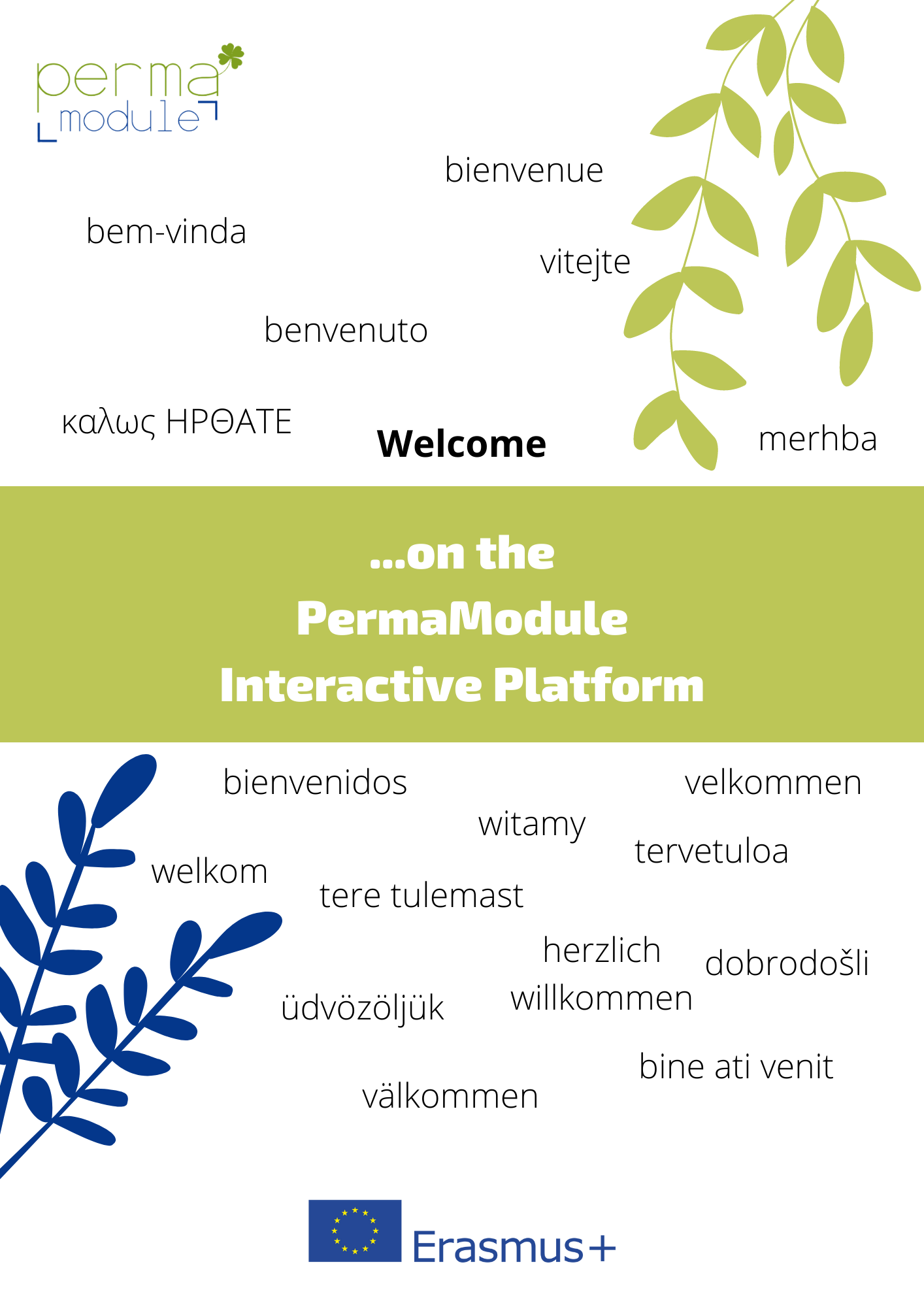Undergraduate University Module in Permaculture
Sorry, this activity is currently hidden
Section outline
-


-
The “Undergraduate University Module in Permaculture: Creating new synergies between higher education and professionals to promote sustainable systems” project – in short, PermaModule – is an Erasmus+ project which SAFE proudly coordinates since September 2019.
The project also involves four partner universities:
- University of Liège - Gembloux Agro-Bio Tech (Belgium);
- University of Malta (Malta);
- University of Catania (Italy);
- University of Agronomic Sciences and Veterinary Medicine of Bucharest (Romania)
and two permaculture associations:
- Accademia Italiana di Permacultura (Italy)
- Institutul de Cercetare in Permacultura din Romania (Romania)
The module is built around 3 main outputs:
- A curriculum, including its teaching methodology, several intensive study programmes in permaculture;
- A student handbook to support lectures and on-field work from students;
- An E-learning platform.
For universities who want to engage with the project, please contact us at communications@safefoodadvocacy.eu
Discover our PermaModule:
More info: https://www.safefoodadvocacy.eu/perma...
- University of Liège - Gembloux Agro-Bio Tech (Belgium);
-
-
Download our project Intellectual Ouputs from this page.
-
